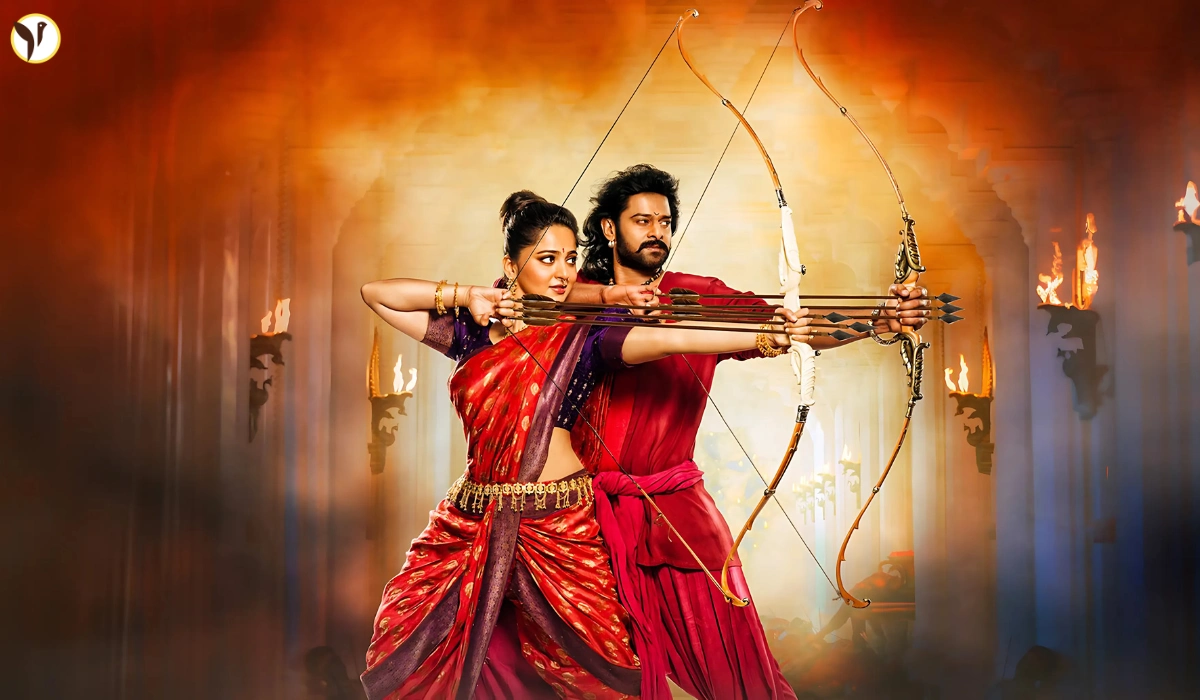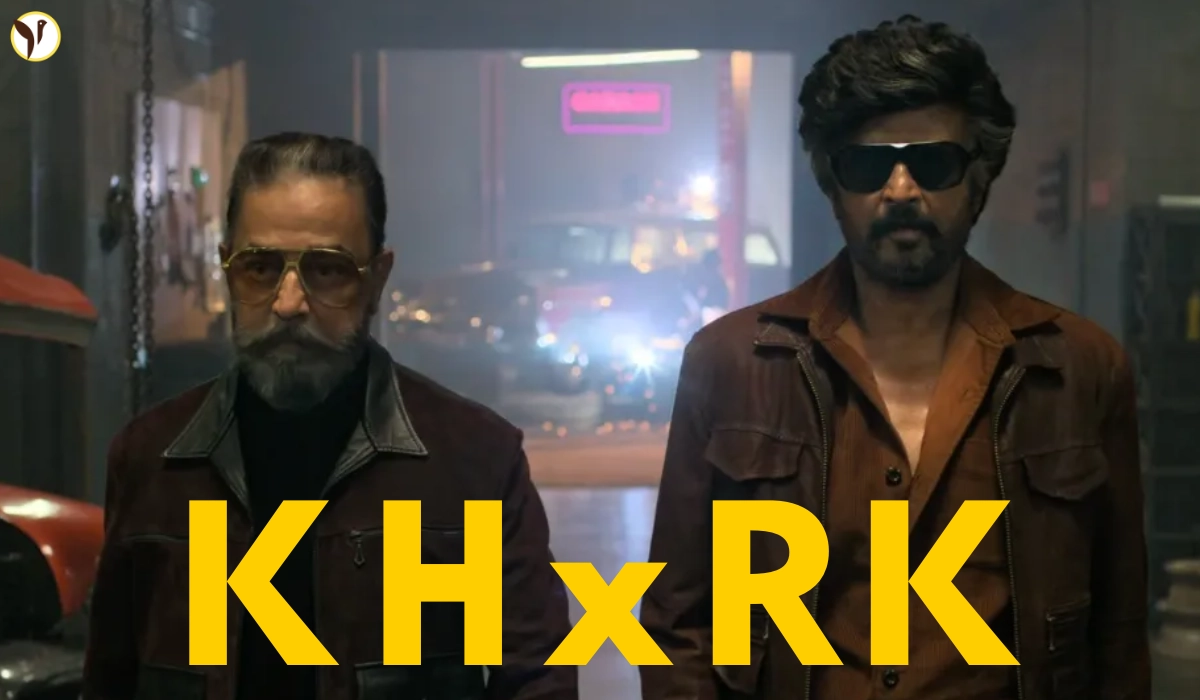A decade after its groundbreaking debut, SS Rajamouli’s Baahubali is coming back to the big screen. In celebration of its 10th anniversary, both parts of the epic—Baahubali: The Beginning (2015) and Baahubali: The Conclusion (2017)—will be re-released together in theatres as one complete cinematic experience.
The announcement has created a wave of excitement among fans of Indian cinema, especially those who witnessed the phenomenon firsthand when it first hit screens. The combined version is scheduled to be released on October 31, 2025, which marks exactly 10 years since the first film’s release.
Directed by acclaimed filmmaker SS Rajamouli, Baahubali redefined Indian filmmaking. It broke box office records, introduced global audiences to Telugu cinema, and elevated the careers of its lead cast, including Prabhas, Rana Daggubati, Anushka Shetty, and Tamannaah Bhatia.
The 10th anniversary edition will allow audiences—both old and new—to experience the saga in a fresh format, likely with enhanced visuals and sound. While details about the updated version have not been confirmed, reports suggest that it could include remastered scenes and possibly never-before-seen content.

Why ‘Baahubali’ Still Captures Hearts a Decade Later
The re-release of Baahubali isn’t just a nostalgic event. It’s a reminder of how the film set a new benchmark in Indian cinema. From its massive sets and VFX to its gripping storytelling and emotional depth, Baahubali has continued to influence filmmakers across the country and even inspired international recognition.
The story of Amarendra and Mahendra Baahubali, their battles for the throne of Mahishmati, and the iconic question—“Why did Kattappa kill Baahubali?”—became part of pop culture. The first part left audiences with one of the biggest cliffhangers in Indian film history, and the second part delivered a satisfying, grand conclusion.
Here's why this re-release matters:
It celebrates one of India’s most successful film franchises.
It offers a cinematic experience that fans might not have seen in theatres the first time.
It could draw attention from younger audiences who were too young when the film originally released.
The return of Baahubali also comes at a time when Indian cinema is exploring big-screen spectacles again, especially after the pandemic's impact on movie-going. With the rise of pan-India films and large-scale productions, Baahubali’s legacy continues to shape the future of filmmaking in the country.
Source(Image / Thumbnail): netflix









